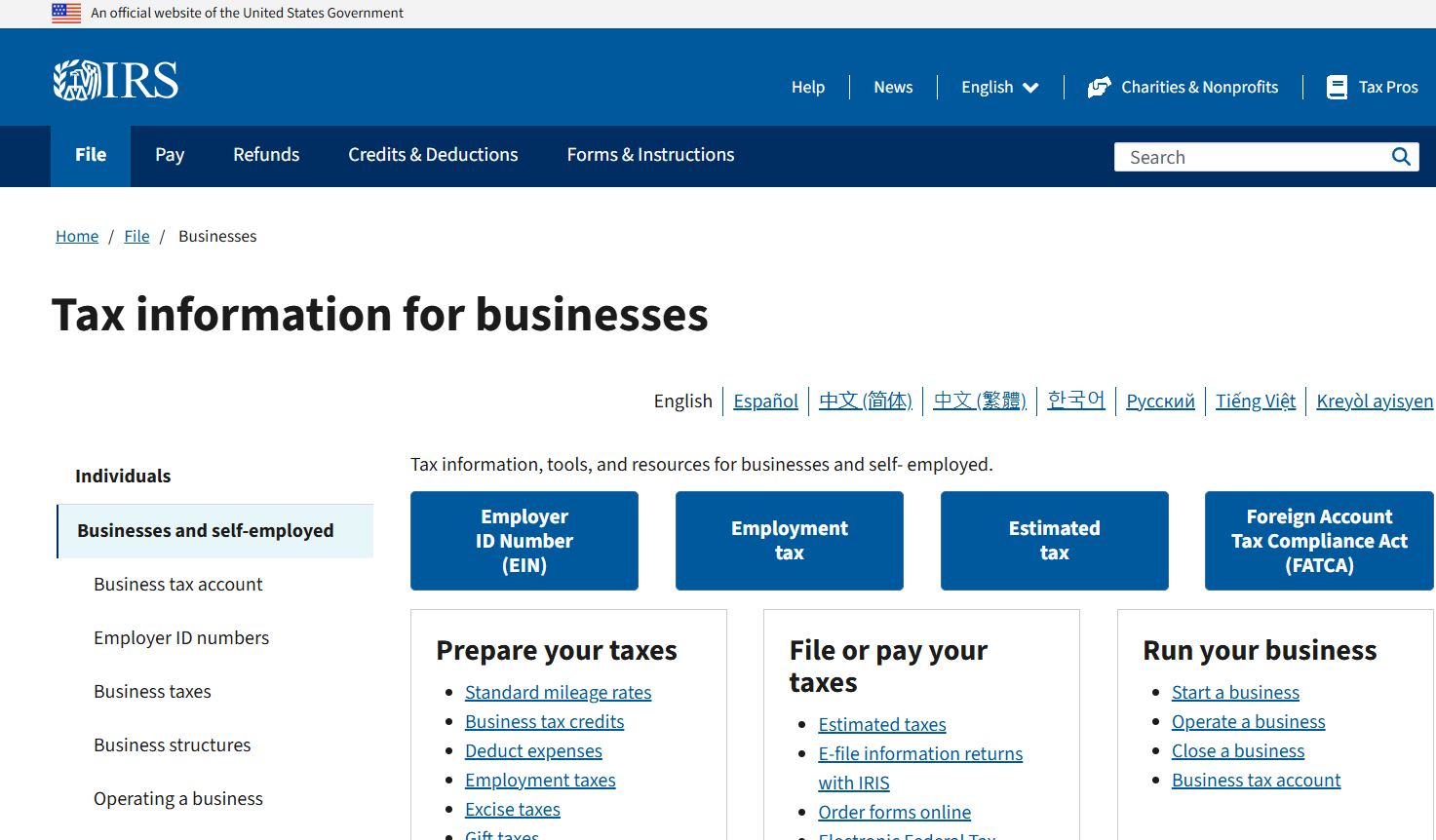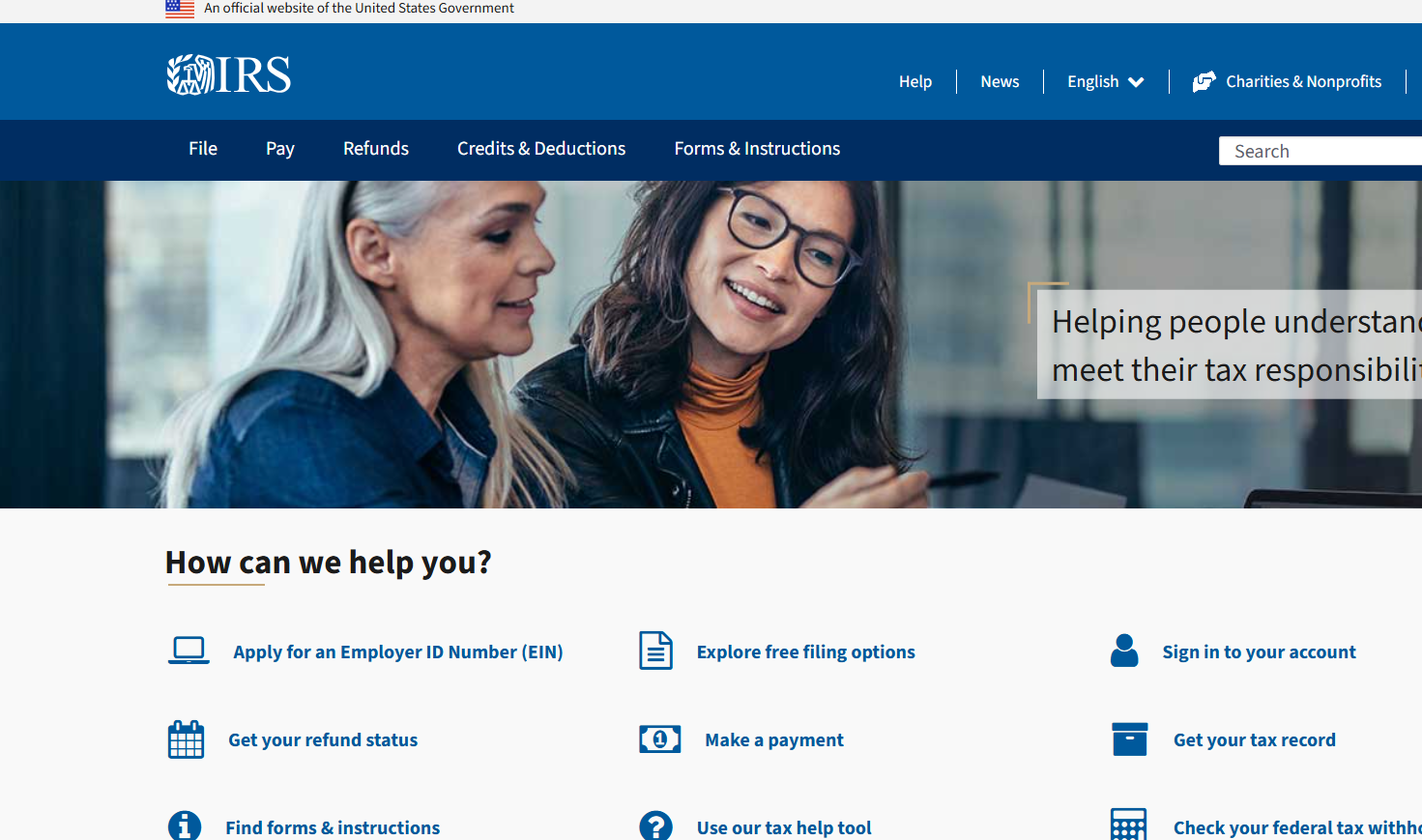Outsourcing the Accounting Department: Your Business Should Consider This Option Now
Improve profitability, reduce the opportunity for fraud, focus on your core business, eliminate excuses for tardy financial data - what's not to love about outsourcing your accounting?
It’s a big step, no doubt. Turning over the bookkeeping and accounting responsibilities to a third party can seem like a scary proposition. The vast majority of business owners have had an accounting department as long as they can remember, and keeping status quo can be comforting. But far too often status quo does not work. How many times should a business owner be willing to risk making bad decisions on bad data? How long should a business owner put up with incompetence in the internal accounting department? Why should a business owner continue to run the risk of internal fraud occurring? Why struggle to find, hire, train, and monitor new employees when an internal bookkeeper or accountant leaves or retires? Why pay escalating salaries and benefits, particularly when the department is not working efficiently? If a business owner has never really looked into it, the thought of outsourcing may be overwhelming, or may seem to be too costly. The reality is that NOT making the decision to outsource may be the worse decision possible for the life of the business.
Sadly, for most businesses the accounting department is viewed as a necessary evil: The department is always behind, staffing is unreliable, and the financial statements are produced so late that they are worthless for decision making. Worse yet, in many cases the internal staff is incapable of producing financial statements that can be relied on – the internal staff simply just doesn’t know enough about accounting. Banks are forever asking for the financials, vendors are not getting paid on time, bank accounts are overdrawn for no reason, payroll is botched time and time again, and the owners are frustrated. Maybe the owner even feels handcuffed or intimidated by the power that has been assumed by the controller or the internal accountant. In other cases, business owners make decisions emotionally – “we can’t let Aunt Betty go, she’s been doing our books since I was a teenager, and I trust her.”
Dowell Group has been outsourcing the accounting work for businesses and nonprofits for years. There are some telltale markers for when outsourcing is the best answer, and we’ll highlight a few of those in this article.
Do you really know how your business is doing? Some business owners will instinctively tell us yes, they keep tabs on how the business is performing. But, as we dig deeper, we find out the owner is only tracking the simplest of metrics. In some cases, the owners might be simply looking at sales for the week or the month – as long as they see growth or minimal erosion in the sales, they think they’re doing okay. Those same owners, however, may be overlooking that they often get calls from the bank about overdrafts, or that they scramble to make payroll each pay period. Clearly, sales is only one marker, and by itself it does not come close to telling an owner how the business is doing. Management needs timely financial data in the form of income statements and balance sheets, which have been reconciled and are reliable. Anything short of that is simply a disaster waiting to happen.
Is there sub-par performance from the accounting personnel, or do you find it nearly impossible to find staff? Finding employees is the most common problem shared by all businesses today. There is nothing a business owner can do about the historically low unemployment rates – there are just few qualified candidates, period. Further, a business owner looking at accounting personnel has fierce competition from businesses large and small – including competition from CPA firms. A business’ accounting functionality can grind to a halt when positions are left unfilled. Work simply doesn’t get done, vendors don’t get paid, payments aren’t posted to the accounts receivable, and every vendor and customer ends up calling someone in management or sales to get their questions answered – leading to an incredible amount of unproductive time and wasted opportunities. If a business finds personnel, who is responsible for training them, and what kind of training are they really getting? Likely, it’s minimal training and the new hire is left to figure things out on their own – another recipe for disaster.
What is the cost of being distracted from the bottom line and the core business? There are only so many hours in the day, as the saying goes. During those hours (and weeks, months, and years) business owners are either focusing on decisions and issues that can impact customers and the bottom line or they allow themselves to be distracted by the wrong matters. Success at the highest level comes when we maximize the resources and talents that are available. What would happen if the business owner could take the resources that are allocated to propping up the accounting department and deploy them in new equipment, inventory, or personnel? Beyond the financial resources that go into maintaining an accounting department are the energy and talent distractions: If an owner or key manager is confronting an accounting problem or dilemma, rather than focusing on production, clients, or marketing, there is a real and unrecorded cost involved. Everything has an opportunity cost - what is the opportunity cost of funding an accounting department?
What does the accounting department really cost the business? A business owner needs to consider the all-in cost of maintaining an internal accounting department, even if a business has just a handful of employees working in the accounting department. Salaries add up quickly and then, of course, you have to factor in payroll taxes and benefits, like health insurance and 401k. Even vacations come at a price for the business, as either the work doesn’t get done or someone else has to slide over from their normal duties to fill in. Even with just a few employees, it’s not unusual to see a business spending upwards of $200,000 on the accounting department. If a business is spending that kind of money and still not getting reliable data and having to manage by the seat of their pants, it’s obviously a broken system.
Has too much power been shifted to internal accounting staff? In some organizations, the owner has become so pre-occupied with production, or with sales, or with any myriad number of daily problems, that he or she has allowed the internal accountant or controller unprecedented latitude when it comes to the financial recordkeeping and banking. The owner relies on this person too much, and really doesn't understand how the data flows anymore. Often we hear "it seems like we should be doing better than this, but we're always short of cash and challenged to make payroll. I just don't understand." Lack of accountability and oversight can be deadly to a business. Most businesses can not afford to lose a million dollars to an internal scam artist, but many, many businesses needlessly expose their entities to exactly this risk every day. If oversight is lacking, too much control has been ceded to staff, or the accounting department is out of control, outsourcing to a trusted third party will put an end to the madness.
And what about Aunt Betty? The accounting literature is rife with Aunt Bettys or the trusted long-time bookkeeper who was kept on staff by the benevolent owner and entrusted with all of the accounting – only to find out later that the business was being ransacked of its assets and cash was being embezzled faster than you can say “Bernie Madoff”. Small accounting departments with one, two, or three employees, coupled with management that is very hands off and provides no meaningful oversight are too tempting of a target. Some frauds are not big and dramatic, but instead are a death by a thousand cuts, with the stealing taking place over many years. It can occur in the form of kickbacks from vendors or contractors, selling of inventory that never hits the books, ghost payroll or ghost vendors. Fraud is so prevalent, especially in this tight labor market, where the owner might have had to settle on someone with a spotty resume and track record, simply because the owner was desperate for staff.
If any of these questions resonate with you, outsourcing can fix these problems. Any one of these issues can sink your business, either overnight or over the long haul. You will eventually make a horrendously bad decision on those faulty financials, or the bank will eventually cancel your line of credit when the financials never arrive or are obviously inaccurate. The drain on the business' resources from fraud or incompetence will eventually cause the business to collapse or at the least suffer major embarrassment.
When a business outsources its accounting to a CPA firm, it puts the experts in charge of keeping the accounting records. The expertise exists to solve every accounting question that might be encountered. The fundamentals are not ignored. Processes are put in place to organize the input. Vendors are paid on time, and receivables are kept current. The cash in the bank account is something that can be relied on. Financial statements can be printed and provided to other stakeholders.
Most importantly perhaps, management can make decisions based on data. Staffing is no longer an issue, and no time is spent having to painstakingly interview prospects and train new hires. Oversight of internal staff is no longer an Achilles heel for the business, as a good outsourcing firm will provide its own internal controls. The opportunity for internal fraud in the accounting department completely disappears, and the business will not become a headline in the business section of the local news. Valuable management time is no longer needed for oversight and can be spent on growing sales, providing exceptional service to customers, and developing new markets.
Outsourcing can take on many forms. It can be a complete outsourcing of every aspect of bookkeeping and accounting, so that every accounting responsibility is offloaded to the CPA firm. It may only be an outsourcing at the higher levels, like an outsourced controller, while leaving the internal bookkeepers in place. The outsourced controller would oversee the internal employees make sure that the accounting records are accurate and current. Outsourcing can also focus solely on the highest level, like a CFO, so that the outsourced CFO provides high level oversight of the internal staff and engages side-by-side with ownership in strategic thinking. There is no one-size fits all approach, and the approach can, and should, be tailored to meet the needs of the business.
With so many variations, of course, the cost can be all over the board. Most business owners would pay more to have better financial data. Even those business owners who have been reluctant to consider change and maybe still have that trusted internal staff member, once they experience one too many crises or find out that cash has been leaking inexplicable from the bank accounts, will gladly pay more to get better financial control of their business. It’s a given that a business will get better financial data on a much more timely basis if it outsources.
However, in virtually every case we find that it actually costs less to outsource than it does to maintain the internal accounting personnel. The three main reasons that outsourcing results in cost savings are:
1. Savings comes in the forms of eliminating payroll taxes and benefits of the internal accounting department;
2. A good outsourcing firm will look to best practices when taking over the work. We often find that work has been done inefficiently or that some useless processes are in place (because “that’s the way we’ve always done things”). Maybe your business is trapped in bad, overly complicated, or ineffective accounting software; and
3. An outsourcing firm remains strictly focused on the tasks at hand – there is no lost time at the water cooler, taking personal phone calls, or surfing the internet.
If you can find your business identified in any of the discussion above, contact us. Unfortunately, we can’t help you if you don’t reach out to us. There is no need to put up with an unacceptable accounting department. Take action before your business hits a crisis point.










